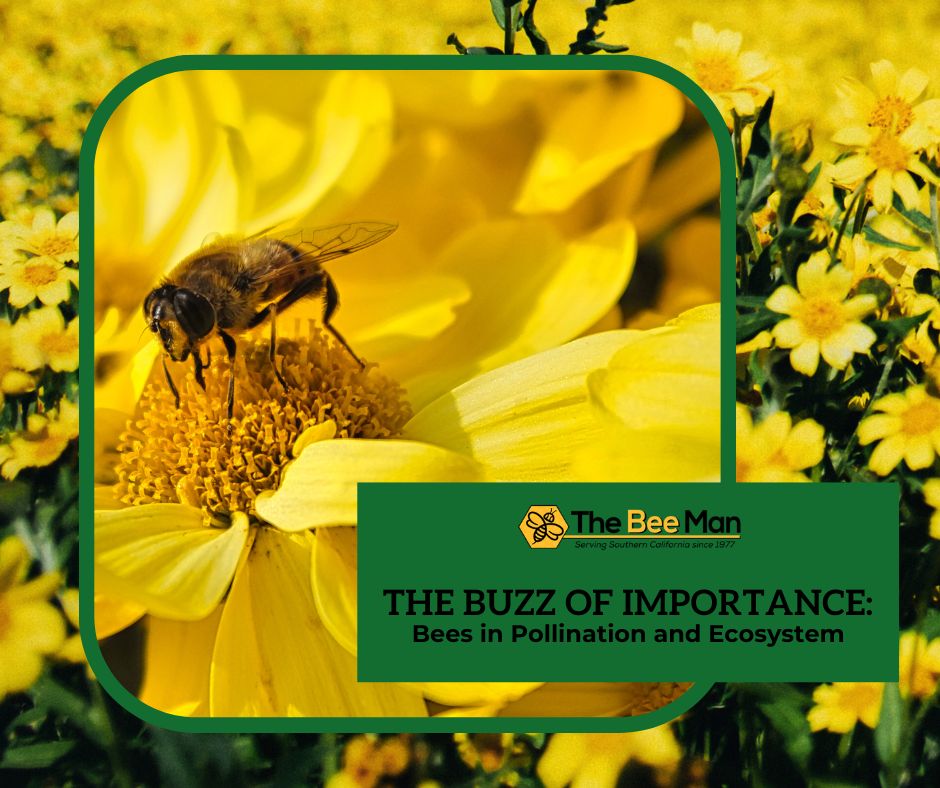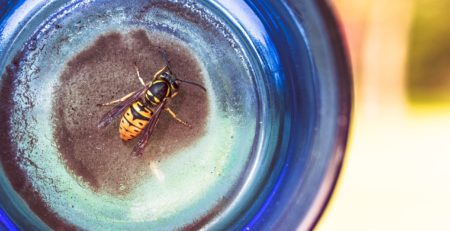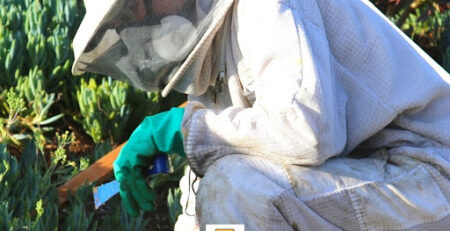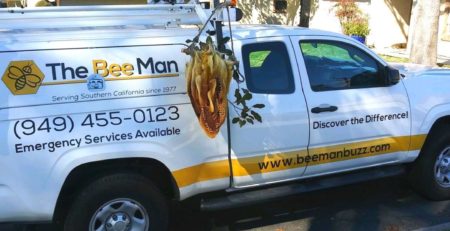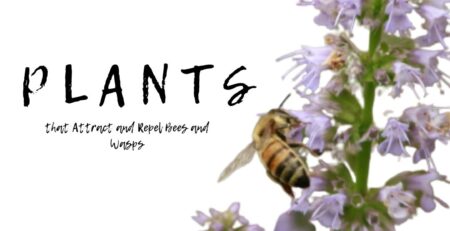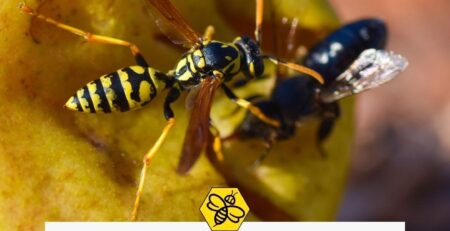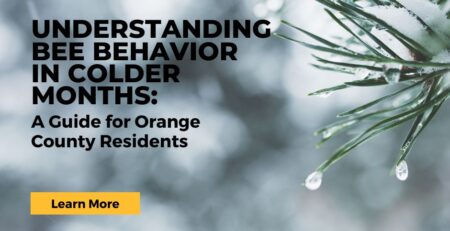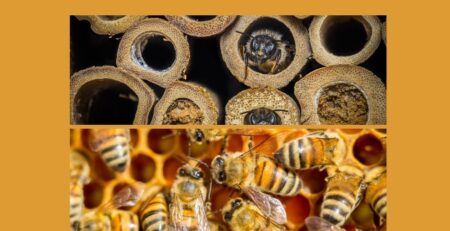The Buzz of Importance: Bees in Pollination and Ecosystem
Bees are nature’s unsung heroes, playing a critical role in pollination and the ecosystem. Their task might seem small, but it’s mighty – transferring pollen from one flower to another, facilitating fertilization and seed production. This process is essential for the reproduction of flowering plants, including many crops that rely on bees for pollination.
Imagine a world without bees. Many plants, including fruits, vegetables, and nuts, would struggle to reproduce, leading to a decline in biodiversity and food availability. Bees are not just beneficial; they are crucial for maintaining the delicate balance of our ecosystem.
How Bees Contribute to Agriculture and Food Production
Bees are not just buzzing around; they are working hard to support agriculture and food production. Approximately 75% of the world’s food crops depend to some extent on pollinators like bees. Their pollination services contribute significantly to crop yields and quality, making them indispensable for food production.
In agriculture, bees play a crucial role by pollinating a wide variety of crops. They visit flowers, collecting nectar and pollen, and in the process, they transfer pollen between flowers, allowing plants to reproduce. This process is essential for the production of fruits, vegetables, and nuts that we rely on for our daily meals.
The Pollination Process
The pollination process begins when a bee visits a flower in search of nectar or pollen. As the bee feeds, it brushes against the flower’s reproductive organs, picking up pollen. When the bee visits another flower of the same species, some of the pollen is transferred to the flower’s stigma, leading to fertilization. This process results in the production of seeds and fruits, essential for plant reproduction and the production of food for animals and humans.
Factors Contributing to Bee Population Decline
Despite their importance, bee populations worldwide are facing serious threats, including habitat loss, pesticide use, and climate change. Habitat loss due to urbanization, agriculture, and deforestation reduces the availability of food and nesting sites for bees. Pesticides, particularly neonicotinoids, can have harmful effects on bee health, leading to population declines. Climate change alters flowering patterns and can disrupt the synchrony between bees and flowers, affecting their ability to pollinate effectively.
Conservation Efforts to Protect Bees
To protect bees and ensure their continued survival, conservation efforts are essential. Planting bee-friendly gardens with a variety of flowering plants provides bees with food and habitat. Creating bee habitats, such as bee hotels and meadows, can also support bee populations. Additionally, reducing pesticide use and promoting sustainable agricultural practices can help protect bees and their habitats.
Beekeeping Practices and Their Role in Supporting Bee Populations
Beekeeping, or apiculture, is the practice of maintaining bee colonies in man-made hives. Beekeepers manage colonies to produce honey, beeswax, propolis, and royal jelly. Beekeeping plays a crucial role in supporting bee populations by providing managed colonies with a safe habitat and food source. Beekeepers also play a role in pollination, as they often move their hives to areas where crops need pollination services.
The Bee Man’s Role in Ensuring Bee Removal and Transfer
The Bee Man is a vital player in ensuring the safe removal and transfer of bees. When bees need to be removed from a property, it’s crucial to do so in a way that minimizes harm to the bees and ensures their safe relocation. The Bee Man specializes in Orange County bee removal, using humane methods to capture and relocate bees whenever possible to suitable habitats where they can continue their vital role in pollination.
The Bee Man’s approach is not just about removing bees; it’s about preserving and protecting these essential pollinators. By safely removing and relocating bees, The Bee Man contributes to the preservation of bee populations and the ecosystem as a whole.
In conclusion, bees are more than just insects; they are essential for pollination, agriculture, and the ecosystem. Their role in pollination ensures the reproduction of flowering plants, including many crops that we rely on for food. The Bee Man‘s role in ensuring the safe removal and transfer of bees in Orange County is crucial for preserving bee populations and maintaining the delicate balance of our ecosystem.

